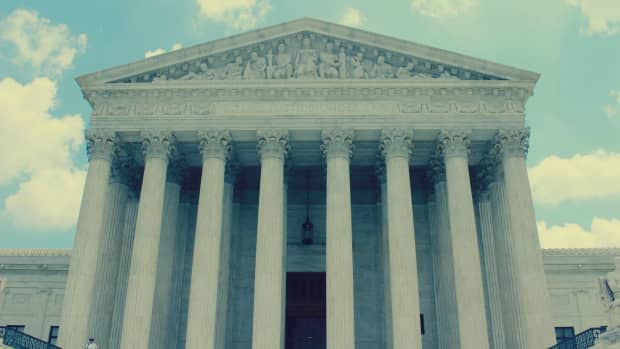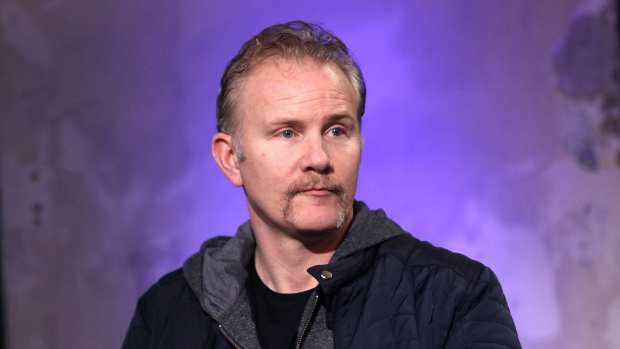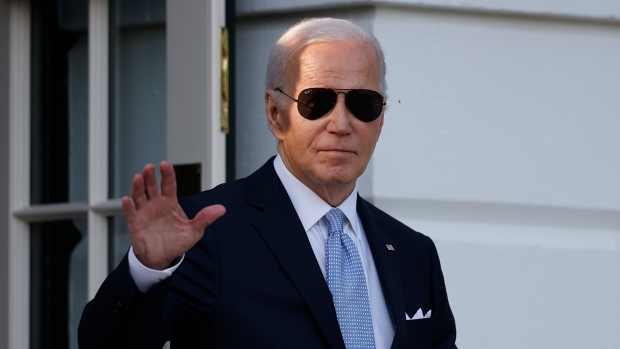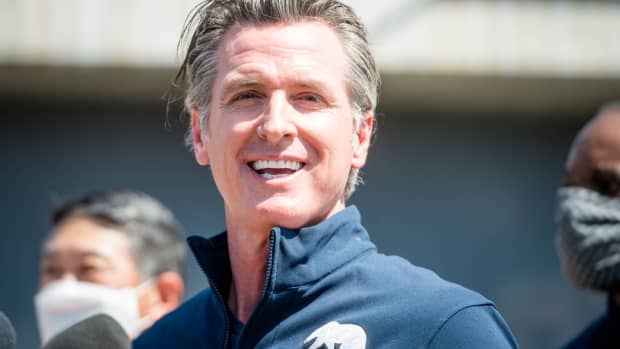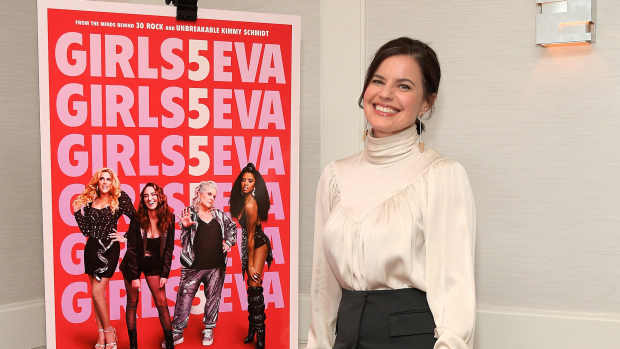How Triller Became Ryan Kavanaugh's Big Comeback
When Ryan Kavanaugh’s “new age” movie and TV company Relativity Media crashed in 2016, his comeuppance was celebrated in many parts of Hollywood. For years the brash, fast-talking mogul had promoted himself as a Hollywood seer who would overturn many of the industry’s practices and expectations. Instead, Relativity burned through a reported $100 million and declared bankruptcy twice in two years.
Now, to the dismay of his old antagonists, Kavanaugh seems to be rising Phoenix-like from the embers of that disaster.
His comeback was never more in evidence than on July 31, 2020, when then-President Donald Trump told reporters aboard Air Force One that he would ban the popular video app TikTok, due to concerns about what its Chinese parent company does with the personal information of its more than 800 million users.
That rang like a fire alarm in the Los Angeles offices of Triller, the web’s second largest digital entertainment and music platform, then with about 26 million users, recalls Kavanaugh, who had purchased control of Triller in 2019 as part of a $28 million capital infusion that valued the company at $130 million.
“I woke up and we were the number one [most downloaded] app in 51 countries,” says Kavanaugh. “That was obviously a big thing.”
While TikTok ultimately survived, Trump’s threat fueled brand awareness for Triller that resulted in an influx of users, creators, and advertisers, including popular TikTok influencers, musical celebrities, and brands looking to advertise and partner. Triller had already raised more than $14 million from artists like Snoop Dogg, the Weeknd, Lil Wayne, and Kendrick Lamar; six months after Trump’s call for a TikTok ban, it raised $100 million more, vaulting the company’s value to $1.25 billion.
For all its comparisons with TikTok, Triller’s business plan is more like Facebook's or Google's, Kavanaugh says—it helps content creators reach sites across the web and takes a piece of the action at every stop.
Triller is also off to a fast start with an audacious attempt to reinvigorate tradition-bound boxing. This Saturday, Triller’s Fight Club will present, at $49.99 per download, a match in Atlanta between YouTube star and sometime boxer Jake Paul and former MMA champion Ben Asken. In an effort to reach beyond the shrinking boxing audience, the event will include appearances by Justin Bieber, the Black Keys, and Ice Cube with Snoop Dogg.
Fight Club previously resurrected former champions Mike Tyson, 54, and Roy Jones Jr., 51, with an undercard that included half a dozen other matches, celebrity appearances and musical performances. "It was like watching a Tarantino film, the Super Bowl, Rocky, and Woodstock all in one,” said Snoop Dogg, an investor in Fight Club along with French Montana, Wiz Khalifa, YG, SAINt JHN, Ne-Yo, and Swae Lee. The event sold 1.6 million down loads in the U.S. at $50 each, and was seen worldwide by an audience of about 30 million, making it the biggest PPV event of 2020. Fight Club plans to promote six or more boxing/entertainment events shot like movies annually.
Triller marked a startling comeback for Kavanaugh, who at barely 40 had been written off by Hollywood after Relativity’s downfall, which the executive blames on flaky business partners and the arbitrary yanking of millions in bank financing by OneWest. “I tried to make Relativity work,” he says. “It was just too difficult. Everybody had their hand out. So, we called an end to it in 2016.”
To seed the growth of Triller, Kavanaugh poached some of TikTok’s top influencers, among them Josh Richards (the Sway Boys) and Charli D’Amelio, who had been TikTok’s most popular star (over 90 million followers), with lots of perks but not much actual cash, including living rent-free in one of seven houses (four in California, others in Florida, Atlanta and New York). Each influencer is given the use of a leased automobile, including a Rolls Royce for D’Amelio. Triller has also successfully courted musical talent; Alicia Keys, Cardi B, the Weeknd, Marshmello, and Eminem are among the stars who have appeared. Most, like JLo, are also investors. In February, Triller unveiled plans for a new digital network, Triller TV, overseen by Kavanaugh, featuring half-hour shows with influencers and talent like JLo, DJ Khaled, 2 Chainz, Fat Joe, and Perez Hilton.
Having endured Relativity’s collapse, multiple health issues, a divorce, and unsuccessful business deals before crushing it with Triller, and now Fight Club, Kavanaugh is pensive about his old life.
“It’s redemption because I love who I am right now and I love my life right now,” he says. “Before it was very much about, you know, the life, the circle, the people, the money. It’s very easy to get wrapped up in that life. It’s not a good life. Now I look back and think, ‘Why did I think that was so important?’ It was a very tough lesson but a good one.”
RELATED: Some Popular TikTok Creators Are Ditching the Platform Over Security Concerns
Stay on top of the latest in L.A. food and culture. Sign up for our newsletters today.

